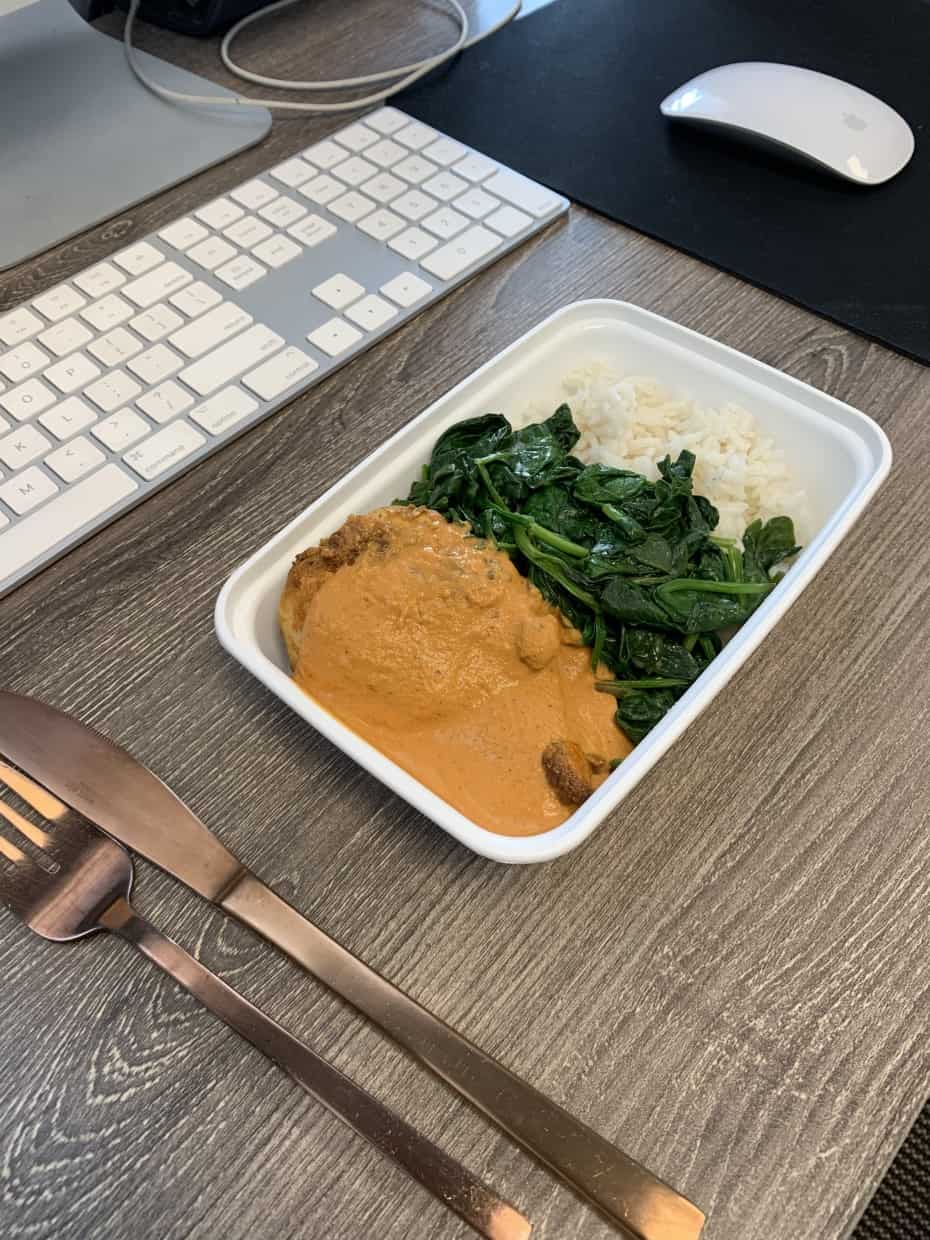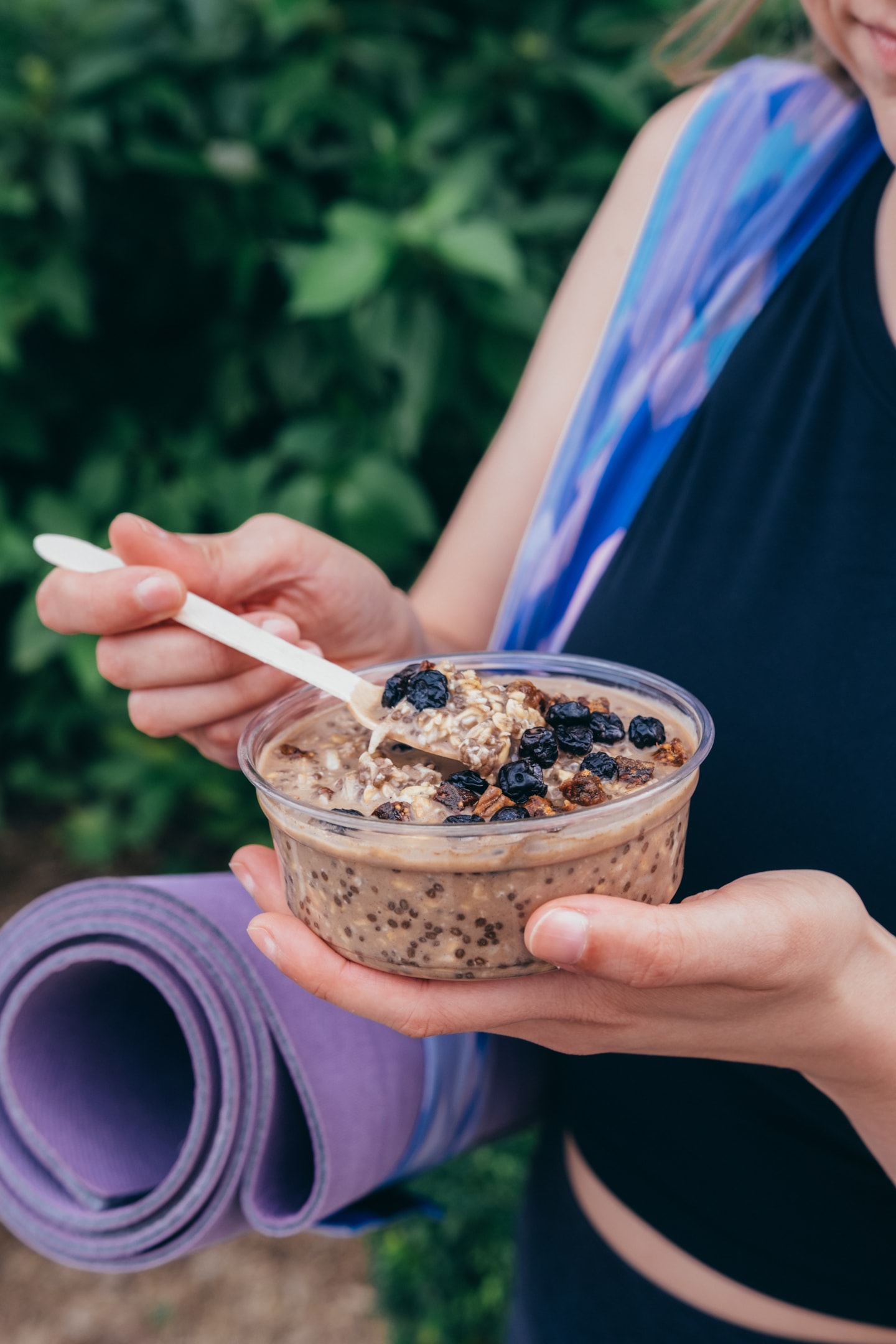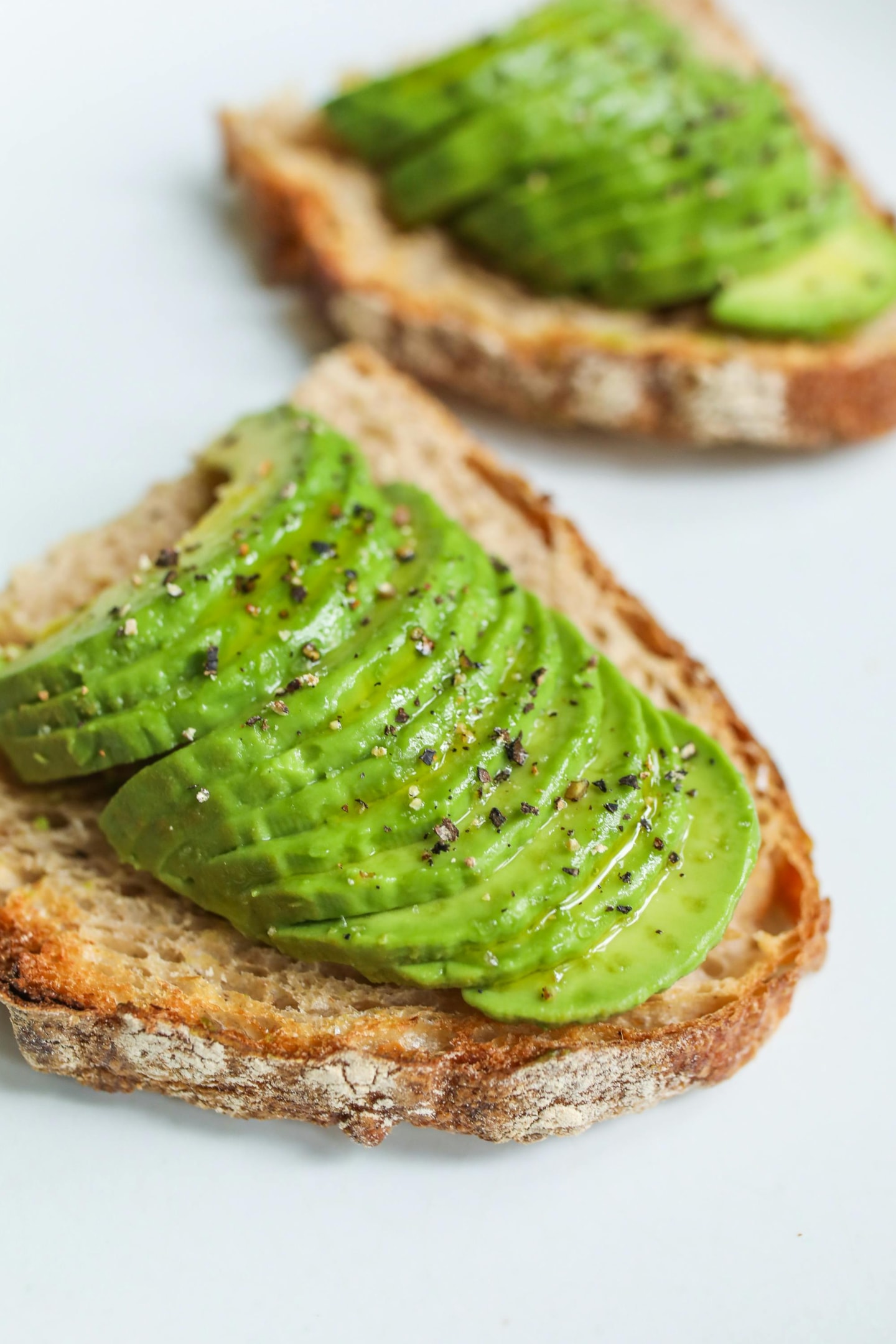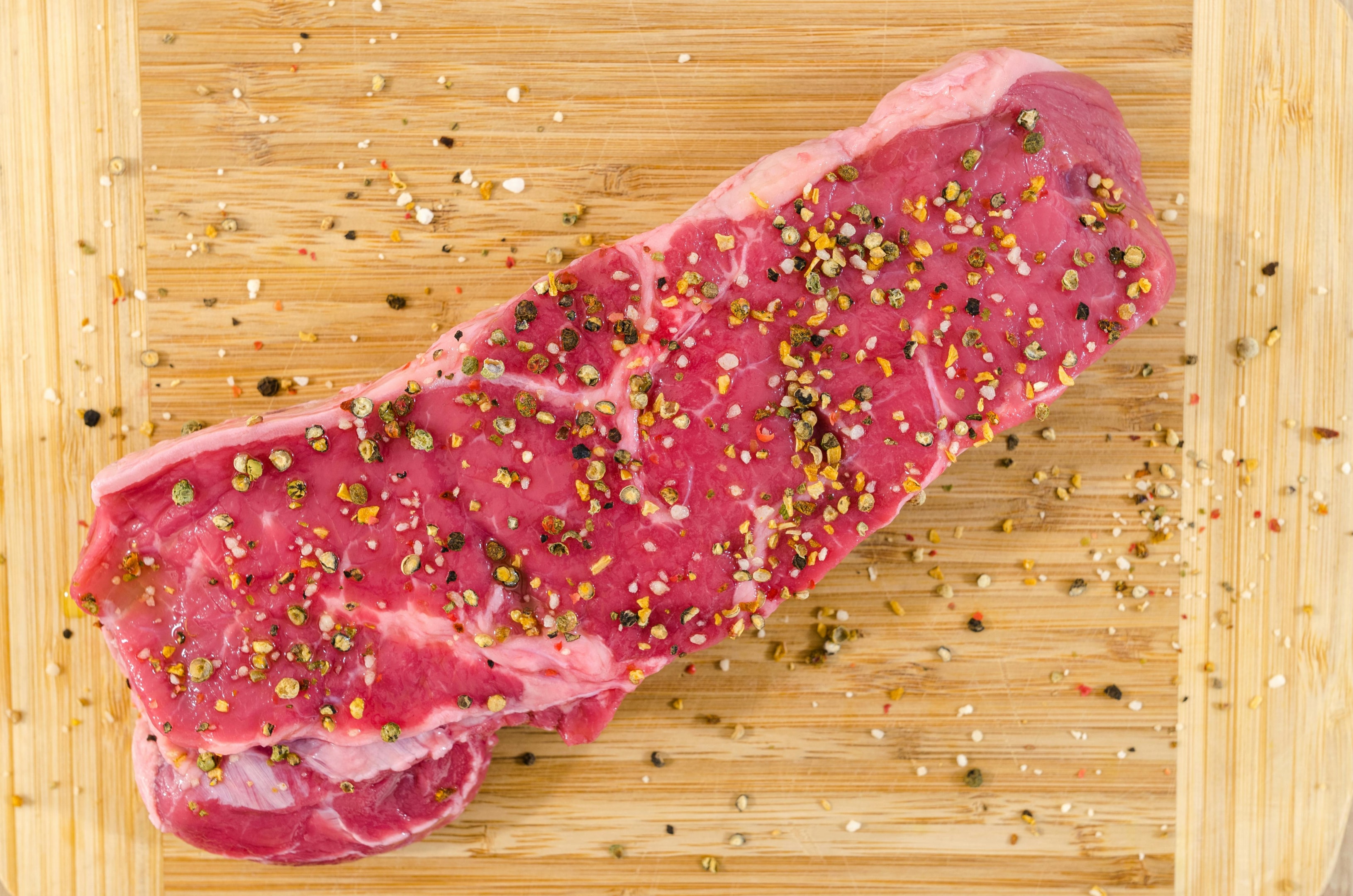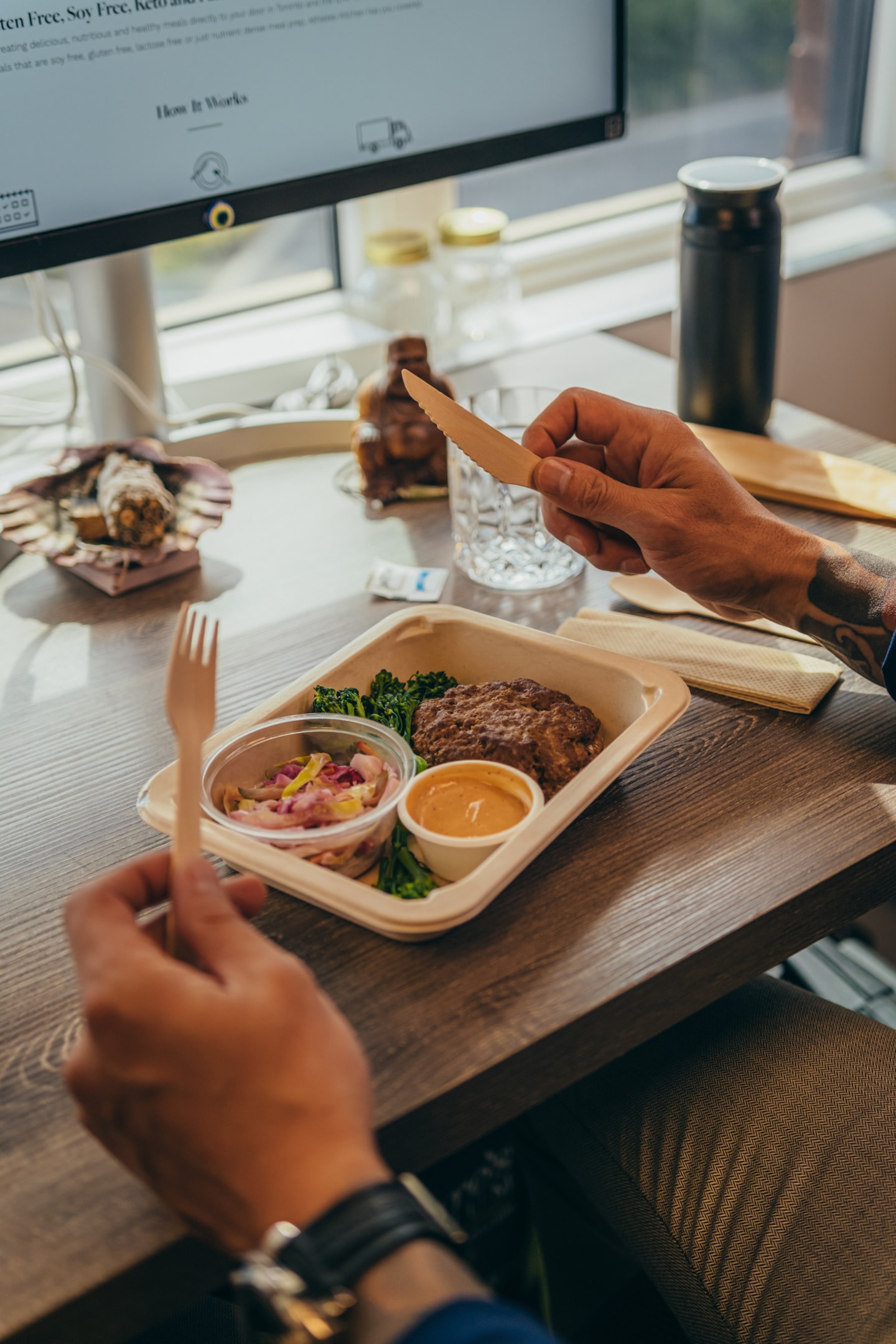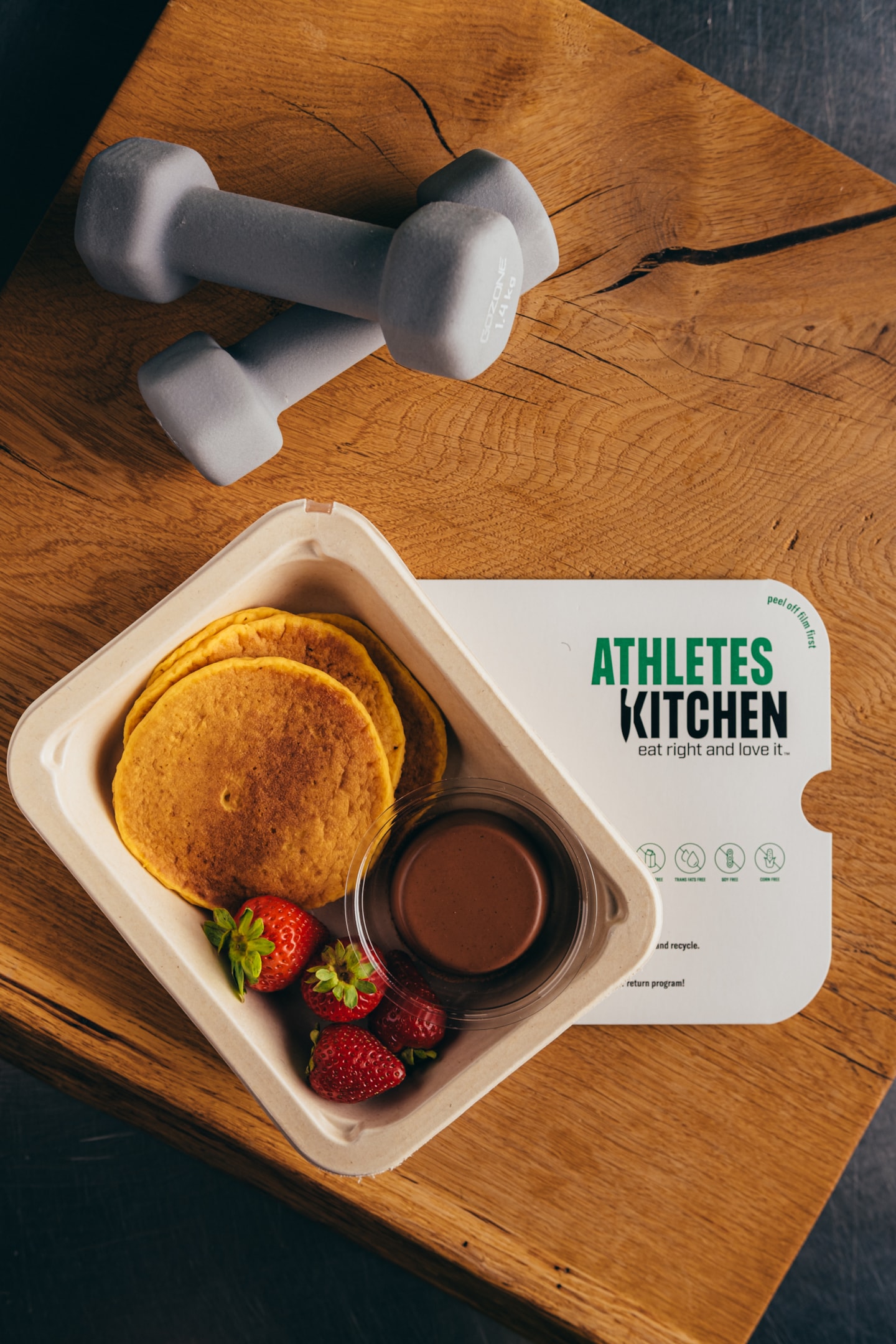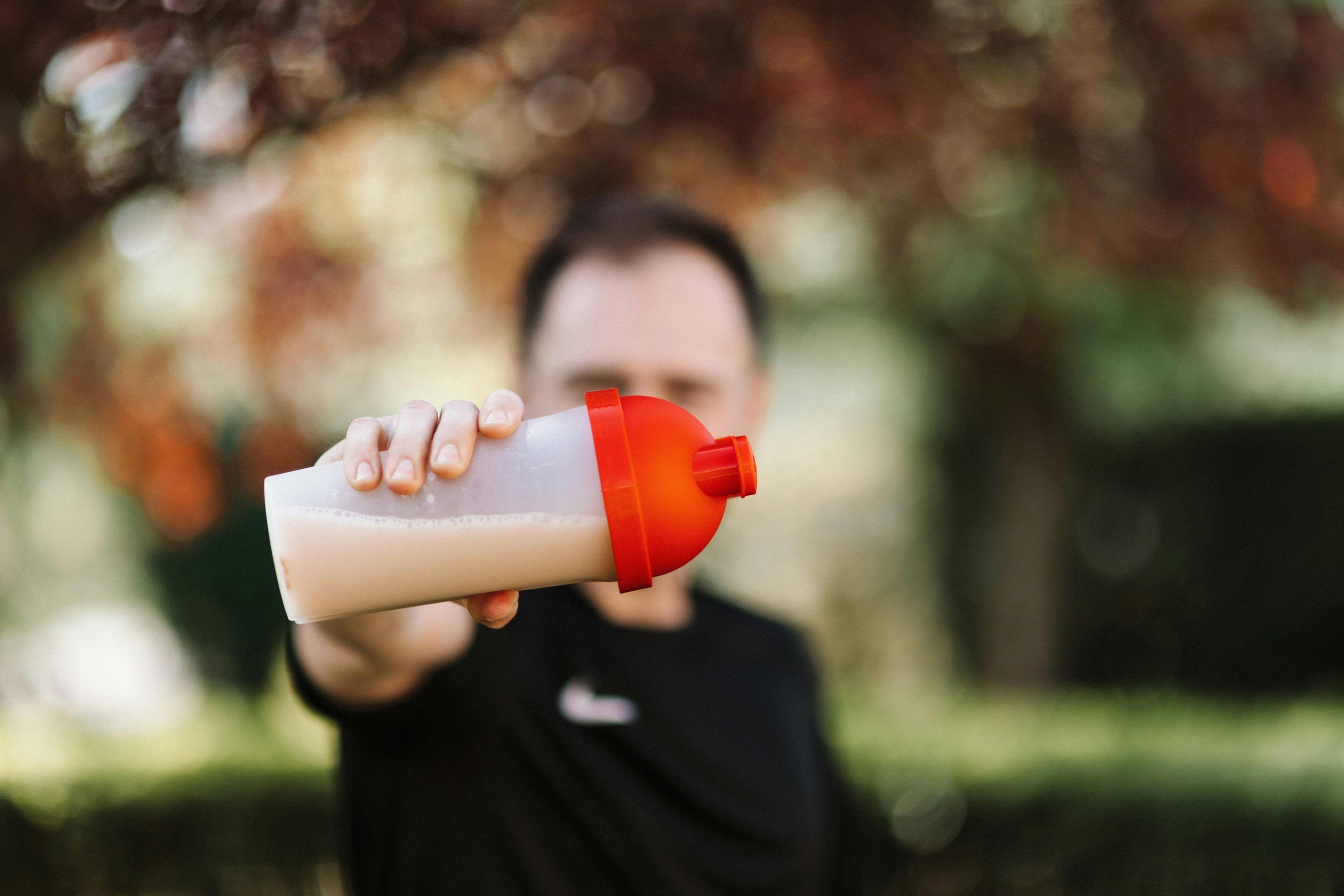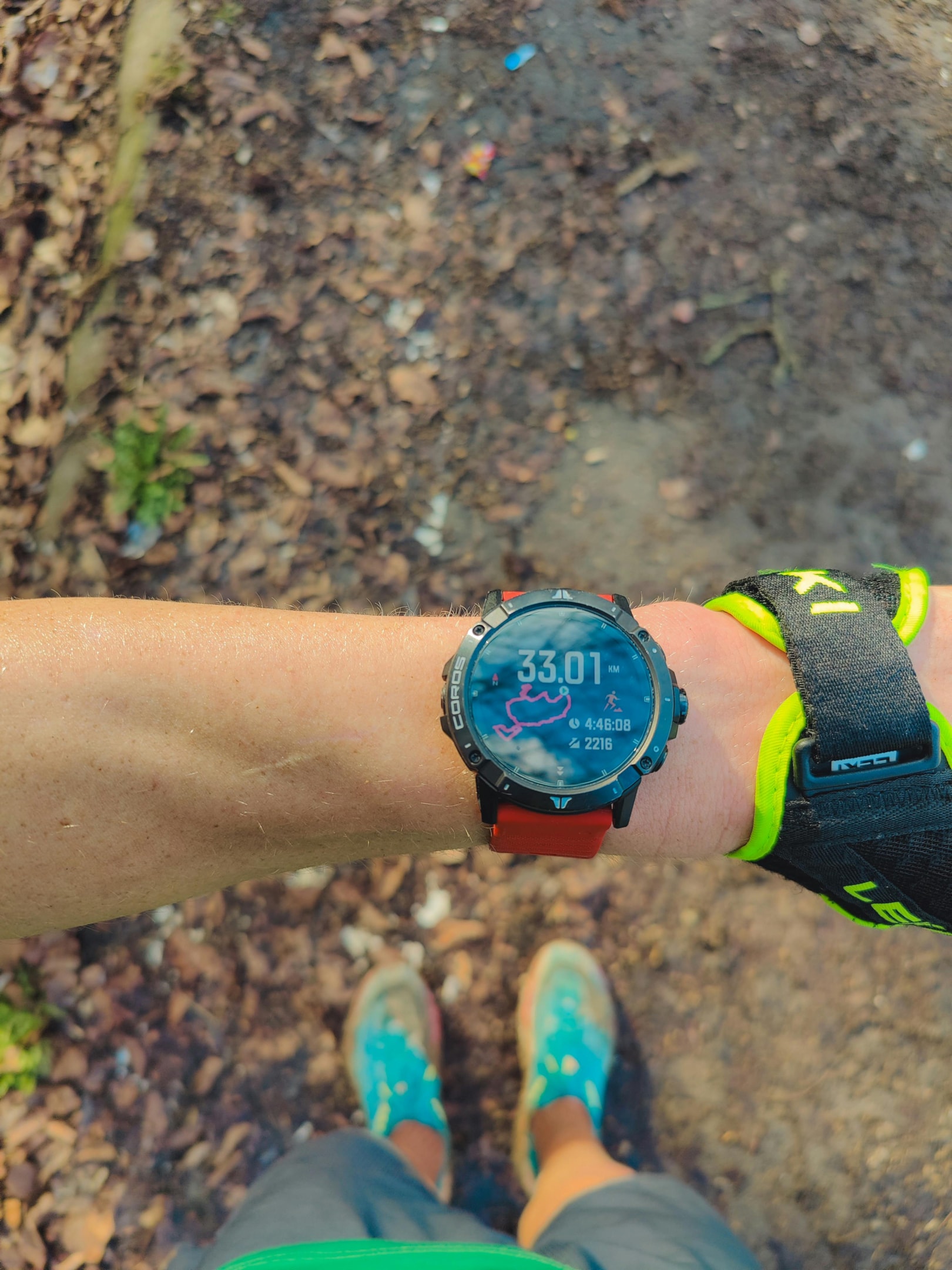Pre-Workout Fuelling
Top Tips for Pre Workout Nutrition Fuelling Your Training with Athletes Kitchen
Maximize your workout results with the right pre workout nutrition fuelling your training with athletes kitchen. Learn what to eat and when for peak performance. This guide provides meal plans, essential nutrients, and expert advice to fuel your training and enhance your recovery.
Key Takeaways
- Pre-workout nutrition is crucial for enhancing energy, focus, and overall performance, emphasizing the importance of balanced meals with carbohydrates, proteins, and healthy fats.
- Timing your meals is essential; larger meals should be eaten 3-4 hours before workouts, while smaller snacks can be consumed 1-3 hours prior to optimize energy levels and digestion.
- Staying hydrated is vital for performance; aim for proper fluid intake before, during, and after workouts to prevent dehydration and support recovery.
Importance of Pre Workout Nutrition
Pre-workout nutrition plays a significant role in boosting focus, energy levels, and overall performance. Both the timing and type of nutrients consumed are important. Consistently consuming the right pre-workout meals can lead to longer workouts and reduced tiredness, making it easier to stick to your fitness routine. The foundation of any effective training session lies in the fuel you provide your body.
Essential nutrients such as carbohydrates, proteins, and fats play crucial roles in enhancing workout performance and recovery. Carbohydrates are your body’s primary source of energy, especially during high-intensity workouts. Proteins support muscle repair and growth, while healthy fats provide a sustained energy release. Hydration is equally important, as it influences bodily systems like muscles, cardiovascular health, and even cognitive functions. Without proper hydration, even the best nutrition plan can fall short.
A well-balanced pre-workout meal provides the energy needed for optimal performance and the nutrients required for recovery. Those targeting weight loss should emphasize balanced meals that offer full range of energy without excess calories.
Your physical performance can reflect how effectively your pre-workout nutrition supports energy levels, mobility and endurance, mobility exercises as a physical therapist might suggest. Monitoring these aspects allows for better optimization of your nutrition to meet fitness goals.
Optimize Your Training: The Power of Pre-Workout Nutrition
Pre-workout nutrition is a vital piece of the performance puzzle that often gets overshadowed by post-workout strategies. At Athletes Kitchen, we’re here to shed light on the importance of fueling your body before hitting the gym. Whether you’re embarking on a strength training session or gearing up for intense endurance work, the right pre-workout nutrition can make all the difference.
Maximize Performance: The Role of Pre-Workout Fuel
Imagine your body as a high-performance machine. To unlock its full potential during your workout, you need to provide it with the right fuel. Without proper pre-workout nutrition, your training session might fall short of expectations, limiting your lifts and impairing recovery.
Essentials for Pre-Workout Nutrition: Carbs and Protein
Pre-workout nutrition is a two-part equation: carbs and protein. Your muscles rely on glycogen, the stored form of carbs, for energy during workouts. Ensuring your muscle glycogen levels are topped up before you start can enhance your endurance and performance.
Protein is equally crucial for building muscle too. It helps shift your body from a catabolic (muscle-breakdown) state to an anabolic (muscle-building) state. By consuming protein before your workout, you lay the foundation for muscle growth and recovery.
Navigating Fats and Fiber
While fats play a significant role in your overall diet, they take a backseat position in your pre-workout meal. To optimize digestion and energy utilization, it’s best to limit fats within an hour of your workout. Similarly, fiber, while beneficial, should be moderated in the hour leading up to exercise to prevent digestive discomfort.
Choosing the Right Pre-Workout Carbs
The type of carbs you consume pre-workout depends on your timing. For a quick energy boost 30-60 minutes before your session, opt for easily digestible options like watermelon, banana, or quick oats. If your pre-workout meal is 1-2 hours prior, focus on slower-digesting carbs like brown rice, apples, or whole-grain options. And if you’re fuelling up 2-3 hours beforehand, feel free to incorporate a mix of slow-digesting carbs, healthy fats, and fiber for sustained energy.
Protein’s Pivotal Role
Protein presence is essential to keep amino acids circulating during your workout. The timing of your pre-workout meal influences your protein choice. For closer sessions, prioritize easily digestible proteins like dairy or protein powders. For meals consumed further ahead, lean meats like chicken, fish, or beef can take the stage.
Fats: Sustained Energy Release
Healthy fats provide long-lasting energy, particularly during extended training sessions. Unlike carbohydrates, which offer quick energy, fats provide a prolonged energy supply, beneficial for longer durations of physical activity. Incorporating healthy fats into pre-workout meals can aid in sustained energy release over time.
Foods like avocados and nuts are excellent sources of healthy fats. Including these in your pre-workout meals can help maintain energy levels throughout your training session, ensuring you stay strong from start to finish.
Timing Your Pre Workout Meal
When you eat your pre-workout meal is as important as what you eat. Larger meals should be consumed 3 to 4 hours before exercise, while smaller snacks are best 1 to 3 hours prior. This timing ensures that your body has enough time to digest the food and convert it into usable energy.
For morning workouts, eating at least an hour before provides adequate fuel. Adjust meal timing based on workout intensity; heavier meals should be 2 to 3 hours prior, and lighter snacks closer to workout time. It’s important to pay attention to individual responses to food intake before workouts to optimize performance.
Afternoon training can be supported by snacks such as whole grain sandwiches, salads, or vegetable soups that provide sustained energy. Timing your pre-workout meal correctly can maximize energy availability and minimize digestive discomfort, enhancing your performance.
Sample Pre Workout Meal Plans
Tailoring your meal plan to your workout schedule can significantly boost performance. Whether training in the morning, midday, or evening, a well-designed meal plan ensures the right nutrients at the right time.
Here are some sample meal plans for different times of the day to help fuel your body effectively for any workout.
Quick and Easy Breakfast Options
A nutritious breakfast is vital for morning workouts. Options like whole-grain cereal with low-fat milk or a piece of fruit serve as excellent choices. Smoothies made with fruits and vegetables can also serve as a quick and nutritious breakfast option before morning workouts.
Incorporating these breakfast ideas can set a positive tone for your training.
Midday Snack Ideas
Fruits or low-fat yogurt make effective midday snacks, offering quick energy without heavy fats. Healthy options like Greek yogurt with honey and fruits can also boost energy for afternoon training.
Evening Meal Suggestions
Evening meals should provide enough energy without causing discomfort during training sessions. Grilled chicken with quinoa and mixed vegetables offers sufficient protein and carbohydrates.
Salmon with brown rice and steamed broccoli offers omega-3 fatty acids and fiber. A vegetarian alternative is a chickpea salad with avocado and sweet potatoes, ensuring adequate nutrients. Balanced meals should combine lean protein, healthy fats, and complex carbohydrates.
Hydration Strategies for Optimal Performance
Hydration is vital, as losing 2-3% of body weight in water can negatively impact performance. Just a 2 percent dehydration level can significantly impair endurance activities. Drinking 8-20 ounces of fluid 30-60 minutes before exercise ensures adequate hydration.
For sessions over an hour, sports drinks can help your muscles maintain hydration and electrolyte balance. During exercise, consume 16 to 32 ounces of fluid every 30 to 60 minutes.
After exercise, drink 16-24 ounces of water for every pound lost through sweat. Replenish electrolytes, especially sodium, to maintain fluid balance after intense workouts.
Post-workout, replenish lost fluids by consuming 24 ounces of water for each pound lost. These strategies ensure optimal performance and recovery.
Supplements to Consider
Pre-workout supplements aim to enhance peak performance during training. They serve distinct goals, with some focusing on maximizing pump and others on mental focus. Ingredients like caffeine can mitigate fatigue and improve recovery after intense workouts.
Beta-alanine can enhance performance during high-intensity exercises. However, overconsumption of pre-workout supplements may cause side effects like nausea and anxiety, particularly if dosages exceed recommendations. Choosing the right supplements can support training goals without adverse effects.
Customizing Nutrition Based on Training Intensity
Athletes should aim for carbohydrate intake of 3-12 grams per kilogram of body weight daily, adjusting based on training intensity and duration. Pre-workout meal plans should include a mix of carbohydrates, protein, and healthy fats, tailored to the workout’s timing and intensity. Consider individual factors like dietary restrictions, food allergies, and personal fitness goals when customizing your pre-workout meal.
Common Mistakes to Avoid
A common mistake is ignoring dehydration signs, such as dry mouth, fatigue, and headaches. Many pre-workout supplements can cause digestive issues, especially those with sodium bicarbonate, magnesium, and caffeine.
Skipping a balanced meal before exercise can result in inadequate energy and poor performance. Insufficient digestion time after eating can also hinder energy availability during workouts. Overeating before exercising can interfere with performance; balanced portions are key. Limit high-fiber foods before workouts to avoid digestive discomfort.
Entering a workout on an empty stomach can decrease energy levels and reduce workout effectiveness. Highly processed pre-workout foods may lack essential nutrients for peak performance. Avoiding these common mistakes can optimize your pre-workout nutrition and boost training effectiveness.
How to Track Nutrition Progress
Tracking nutrition progress is vital for understanding dietary strategies’ effectiveness in achieving fitness goals. Regularly measuring body composition changes can offer insights into nutrition’s impact on muscle gain and fat loss. Combining body composition monitoring with clear goal setting allows for more effective tracking and adjustment of nutrition strategies over time.
EXERCISE
Setting the Stage: The Power of Pre-Workout Warm-Up
Before diving into your training routine, a strategic warm-up sets the stage for optimal performance. At Athletes Kitchen, we emphasize the significance of this step, enhancing muscle function and mental readiness mobility training.
The Warm-Up Essentials
Warming up is a science, not an afterthought. Begin with a light aerobic activity such as jogging, biking, or skipping for 5-10 minutes. This elevates muscle temperature and blood flow, priming your body for action.
Mobilization and Activation: Elevate Your Warm-Up
Transition to mobilization drills, tailored to your session focus. If it’s an upper body day, direct your attention there. Then, activate and stretch your leg and hip muscles with carefully chosen exercises, preparing them for the task at hand, which will help in building muscle.
Sample Mobility Exercises and Activation Drills
- Upper Body Mobility: Shoulder dislocations, T spine rotations, and more
- Lower Body Mobility: Deep squats, hamstring sweeps, and more
- Upper Body Activation: Bear crawls, banded pull aparts, and more
- Lower Body Activation: Banded side steps, clamshells, and more
Summary
In summary, pre-workout nutrition plays a vital role in enhancing your performance, focus, and recovery. By incorporating the right mix of carbohydrates, proteins, and fats, and timing your meals correctly, you can fuel your body for optimal performance. Hydration strategies, appropriate supplements, and avoiding common mistakes are also crucial for maximizing your training effectiveness.
Remember, tracking your nutrition progress and customizing your diet based on your training intensity can help you achieve your fitness goals. With the right pre-workout nutrition, you can transform your workouts and reach new heights in your fitness journey.
Frequently Asked Questions
How long before a workout should I eat?
Aim to eat a larger meal 3 to 4 hours before your workout, or enjoy a small snack about 1 to 3 hours beforehand. Fuel your body right, and you’re setting yourself up for a great session!
What are some good pre-workout snacks?
Great pre-workout snacks to fuel your exercise include Greek yogurt with honey and fruits, whole-grain crackers with cheese, or delicious no-bake oat bars. Choose one that energizes you for an awesome workout!
Should I take pre-workout supplements?
Taking pre-workout supplements can boost your performance if you choose wisely and use them in moderation. Just be mindful of potential side effects to make the most of your workouts!
How can I track my nutrition progress?
To effectively track your nutrition progress, regularly measure your body composition and set specific, measurable goals. This will keep you motivated and focused on your journey!
